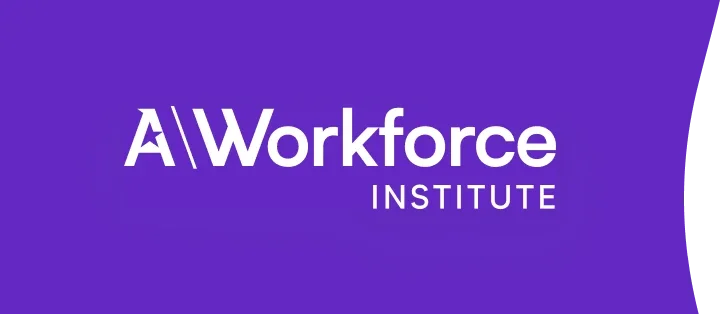CHRO guide: Workplace flexibility to attract and retain

This resource is brought to you by:
Topics Covered:
Productivity and Performance
Flexibility is not a fad. Employees have made it emphatically clear that they expect flexibility in the way they work, and they’re willing to look for other options if their employers don’t meet those expectations.
Work flexibility is the #1 reason to job hunt in 2023
What is work flexibility?
Work flexibility is a supportive people management practice that prioritises employee work-life integration by enabling employees more control over where, when, and how they work.
Why are people job hunting in 2023?
| What’s the main reason you’re considering switching jobs in 2023? | |
|---|---|
| Career progression | 28% |
| Work flexibility | 28% |
| Compensation | 13% |
| I am not being recognized for my work | 9% |
| To find a better culture and values fit | 8% |
| I didn’t have a strong working relationship with my manager | 5% |
| I don’t feel a strong sense of belonging | 4% |
| Corporate benefits | 2% |
| Other | 3% |
Source: 2023 Engagement and Retention Report
For the first time in the six years that Achievers Workforce Institute (AWI) has been conducting annual engagement and retention research, work flexibility has landed in lockstep with career progression as the top reason for job hunting. This aligns with the findings of our 2022 Culture Report from September, where respondents who changed jobs during the pandemic said work flexibility was the top reason they left. Flexibility has been trending for the last few years and is now one of the top drivers of turnover.
However, there’s a catch. Employees want flexibility but they also want a deeply engaging work experience and it turns out that workers who describe their work style as hybrid — partly in-office and partly remote — have lower engagement and higher rates of job seeking than their remote or onsite counterparts. This illuminating new statistic leads to the question, is hybrid the worst of both worlds? Not necessarily. When we add in the element of choice, the difference becomes clear.
“We heard loud and clear that A-players (Achievers employees) want choice in how they work,” says Achievers Chief People and Culture Officer Hannah Yardley. Her team developed a creative solution that offered employees the flexibility they craved, while still providing HR with the structure needed to efficiently run the people side of the organisation.
What can CHROs do to improve work flexibility?
1. Get buy in from your peers
The Achievers Workforce Institute Tech-Enabled Employee Experience Report found that half of HR leaders don’t think the C-suite understands that the world of work has changed. Use data from this and other research to demonstrate that employee expectations have changed — and they’re not going back.
2. Focus on choice over the illusion of flexibility
Having a hybrid workforce may sound flexible, but in practice hybrid workers who don’t feel they can work how they choose are less likely to be engaged and more likely to job hunt.
3. Ask employees how they want to work
There is no one-size-fits-all answer, but it’s also not feasible to have a unique policy for every employee. Land on the best of both worlds by asking employees what would work for them and use that data to guide business practices.
Download this one-pager for more data from this year’s report, as well as specifics on the Achievers approach to work flexibility.
“Workers who say they are able to work in the way they prefer are more than twice as likely to be highly engaged and are 22% more likely to say they will not job hunt in 2023.”

Join our mailing list
Stay up to date with the latest in workforce science from Achievers Workforce Institute.
